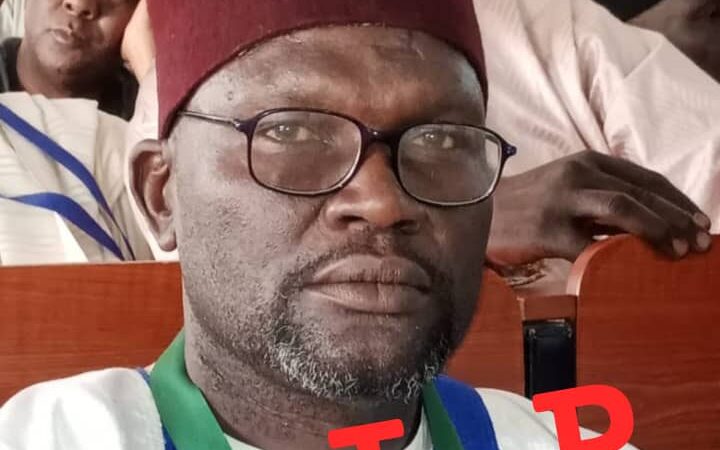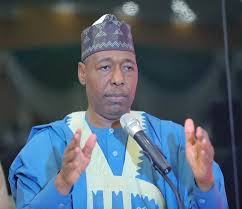Presidency Fires Back at Lamido over Tinubu’s Role in June 12 Struggle

By Kanempress News
June 22, 2025
The Nigerian Presidency has come out swinging against recent claims by former Jigawa State Governor, Alhaji Sule Lamido, accusing him of twisting history by alleging that President Bola Tinubu supported the annulment of the historic June 12, 1993, election.
In a strongly worded statement issued on Sunday, the Special Adviser to the President on Information and Strategy, Bayo Onanuga, described Lamido’s claims as “false,” “revisionist,” and a deliberate attempt to tarnish Tinubu’s democratic legacy.
Lamido, during a live interview on Arise Television, had alleged that Tinubu, who was a senator at the time, was a supporter of then-military ruler General Ibrahim Babangida, the man behind the annulled election that denied MKO Abiola his presidential mandate.
But the Presidency didn’t let that slide.
“Nothing could be further from the truth,” Onanuga stated. “Tinubu was not only opposed to the annulment, but he also publicly condemned it on the Senate floor in August 1993.”
Quoting from Senate records, the Presidency highlighted Tinubu’s firm words at the time: “The abortion of the June 12 election is another coup d’état… The government has committed a crime.”
According to the statement, Tinubu actively resisted military interference and was one of the few who took a stand when others—including Lamido himself—remained silent or compromised. The Presidency accused Lamido and other Social Democratic Party (SDP) leaders of backing down instead of defending Abiola’s victory.
“While Tinubu stood with Abiola and democracy, Lamido and others in the SDP folded under pressure and even aligned with the opposition NRC,” the statement said.
The Presidency also dismissed claims that Tinubu’s mother, Alhaja Abibatu Mogaji, supported the annulment, describing them as baseless. “Had she done so, she would have lost her position as market leader in Lagos,” the statement argued.
The release further chronicled Tinubu’s resistance during General Sani Abacha’s regime, noting that he continued the pro-democracy fight even in exile. His home was bombed, he was arrested and detained, yet he never backed down.
It also spotlighted Tinubu’s contributions to NADECO (National Democratic Coalition), a key resistance group formed in 1994 to pressure the military to recognize Abiola’s mandate. Tinubu, according to the statement, not only played a leading role but also provided financial support to keep the struggle alive.
“Many exiled journalists and activists survived because Tinubu funded the fight from abroad,” Onanuga noted.
While acknowledging that Lamido did mention Tinubu’s role in NADECO, the Presidency accused him of trying to minimize it for political reasons.
“Lamido appears to be suffering from political envy. His attempt to rewrite history won’t stand. Tinubu’s record in the fight for democracy speaks louder than any falsehood,” the statement concluded.
In essence, the Presidency’s message is clear: Tinubu didn’t just play a part in the June 12 struggle—he was one of its boldest champions. And any attempt to paint a different picture, it warns, will be met with facts.




